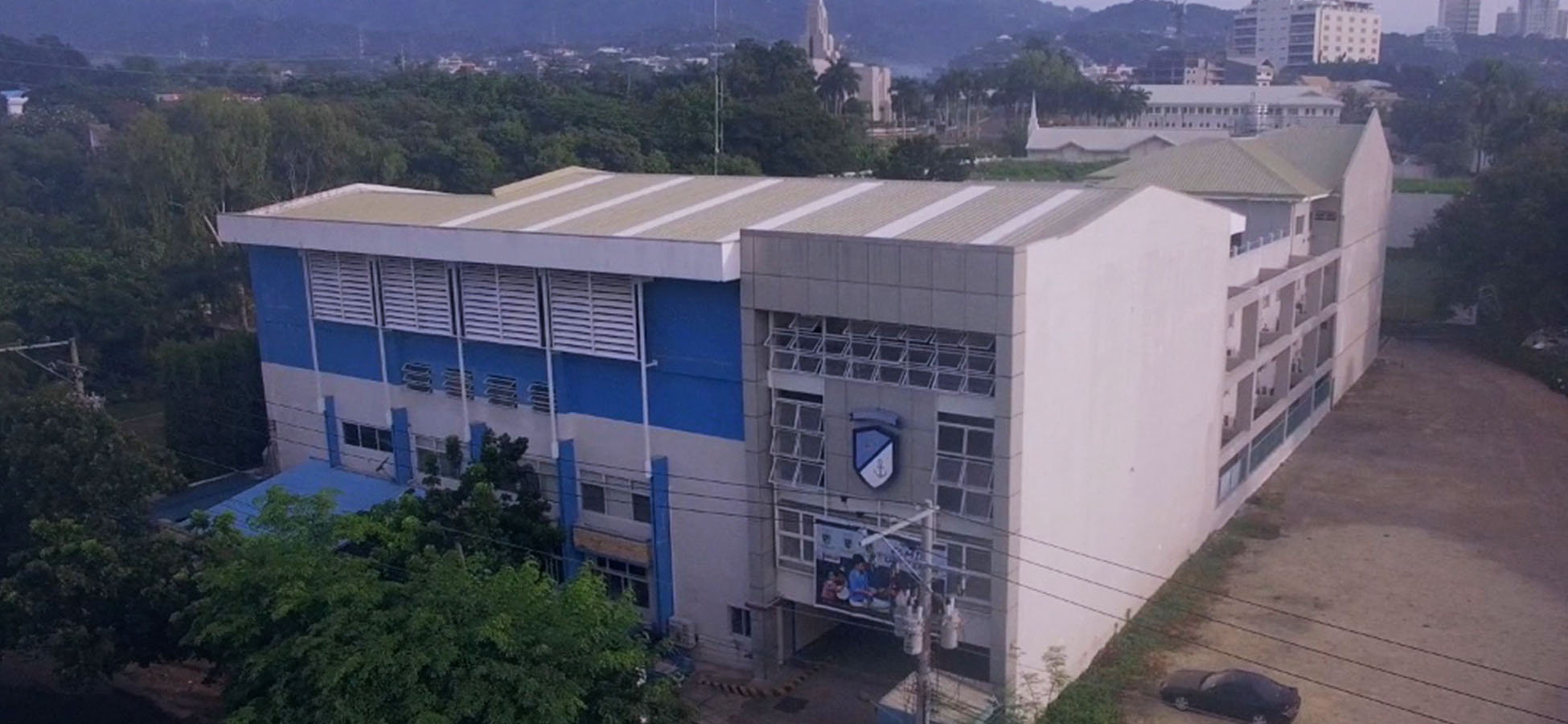Academics Links »
Curriculum
Academic formation in the PAREF system are expected to produce students who will strive to the best of their given abilities to become:
Self Determined Thinkers:
The student will:
1. Acquire mastery of the core content, skills and values of the different learning disciplines: languages, mathematics and science, humanities, social studies and history, religion and philosophy, literature, arts, music, technology, physical education and other special subjects.
2. Reflect on human experience and events in the light of universal values.
3. Form judgments based on universal truths (truth, goodness and beauty) or on what are true information and develop intellectual humility to withhold judgments when the evidence and reasons are insufficient.
a. Research, analyze and evaluate critically information from sound sources.
b. Synthesize and formulate with precision valid arguments to reach correct conclusions.
4. Discern the good and direct himself/herself freely towards its fulfillment.
5. Make and own one’s decision after a thorough and critical evaluation of the situation but with the readiness to change one’s mind when necessary.
6. Identify, define and solve quantitative and qualitative problems creatively.
Effective, sincere, and respectful communicators.
The student will:
1. Actively listen with objectivity and empathy; respond to communications by asking clarifying questions and by defining the terms.
2. Read a range of styles and genre, critically and analytically; experience beauty through the work of the masters.
3. Write clearly and confidently with substance and organization in various styles
4. Speak clearly and competently, engage in meaningful dialogue and sensitive to feedback, to others’ feelings and level of knowledge; and be a sympathetic listener to opposing views.
5. Competently use a range of technologies to inform and communicate.
Knowledgeable and responsible citizens.
The student will:
1. Have knowledge of and a respect for the dignity of the human person and the conviction that he/she can work with others in defending and uplifting it.
2. Recognize his role as a member of the family where one is first initiated to serve the others.
3. Engage himself/herself in activities, co- and extra-curricular, that involve helping the less privileged members of society, fostering compassion for others.
4. Use his/her knowledge and skills to analyze current issues, local and international, and come up with their personal action plan regarding the matter and consequently develop his leadershipqualities.
5. Show interest in the different fields of knowledge by keeping him/herself up to date with the latest in science and technology, arts, the social studies, math, local and foreign literature.
6. Foster the responsibility for and the care of his environment.
7. Appreciate, empathize, and understand a range of cultures and religions, having respect and consideration for other people guided by values of truth, honesty, fairness, equality, and integrity.
Generous, hardworking and sportive life-long learners.
1. Recognize that his/her studies are an important contribution to society, and try to work with possible human perfection.
2. See school and non-school activities (hidden curriculum) as opportunities for learning and personal growth.
3. Take responsibility for his/her own learning, seen in their effectiveness to motivate, direct, monitor his/her learning and to manage and organize his/her study time; participate in a range of learning opportunities.
4. Maintain and develop a sense of wonder, being open-minded and intellectually curious, which will lead him/her to become a lifelong learner.
5. Acquire a sportive spirit, which will make him/her flexible to various situations or environments and resilient in the face of failures and difficulties; and strive to learn from his mistakes.

